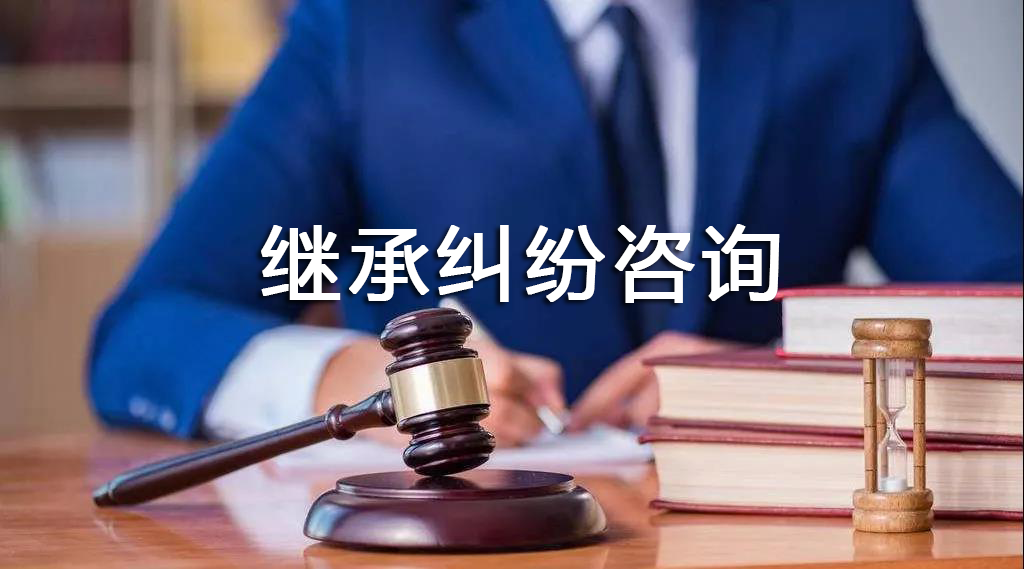By International Lawyer, Wu Guangsong

In China, the right of citizens to inherit private property is protected by law, whether Chinese or foreigners. Here, Mr. Wu Guang song, as a Chinese lawyer, introduce inherit relevant legal knowledge to you.
Succession begins at the death of a citizen.
For inheritance by a foreigner of an estate within the People`s Republic of China or of an estate of a Chinese citizen outside the People`s Republic of China, the law of the place of domicile of the decedent shall apply in the case of movable property; in the case of immovable property, the law of the place where the property is located shall apply.
For inheritance by a Chinese citizen of an estate outside the People`s Republic of China or of an estate of a foreigner within the People`s Republic of China, the law of the place of domicile of the decedent shall apply in the case of movable property; in the case of immovable property, the law of the place where the property is located shall apply.
Where treaties or agreements exist between the People`s Republic of China and foreign countries, matters of inheritance shall be handled in accordance with such treaties or agreements.
The lawful property owned by a citizen personally at the time of his death, is estate. If a decedent`s estate is partitioned, half of the joint property acquired by the spouses in the course of their matrimonial life shall, unless otherwise agreed upon, be first allotted to the surviving spouse as his or her own property; the remainder shall constitute the decedent`s estate.
Succession shall, after its opening, be handled in accordance with the provisions of statutory succession; where a will exists, it shall be handled in accordance with testamentary succession or as legacy; where there is an agreement for legacy in return for support, the former shall be handled in accordance with the terms of the agreement. Wills shall manifest the genuine intention of the testators; those made under duress or as a result of fraud shall be void.
A testator may revoke or alter a will he previously made.
Where several wills that have been made conflict with one another in content, the last one shall prevail. A notarial will may not be revoked or altered by a testator-written will, a will written on behalf of the testator, a will in the form of a sound recording or a nuncupative will.
Males and females are equal in their right to inheritance. The estate of the decedent shall be inherited in the order. First in order is: spouse, children, parents; Second in order is brothers and sisters, paternal grandparents, maternal grandparents. When succession opens, the successor(s) first in order shall inherit to the exclusion of the successor(s) second in order. The successor(s) second in order shall inherit in default of any successor first in order.
A successor who, after the opening of succession, disclaims inheritance should make known his decision before the disposition of the estate. In the absence of such an indication, he is deemed to have accepted the inheritance.
The successor to an estate shall pay all taxes and debts payable by the decedent according to law. An estate which is left with neither a successor nor a legatee shall belong to the state.
(By Wu Guang song, The Lawyer of BEIJING YUREN LAWFORM)


 留言/评论
留言/评论